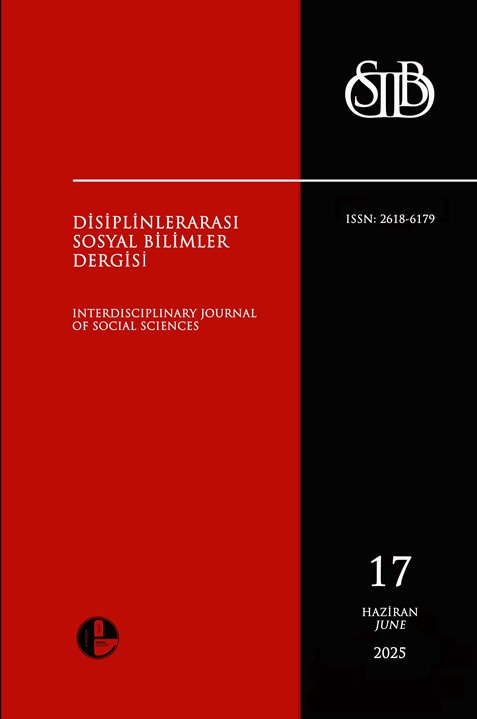Experiences of Migrant Women from Turkmenistan in the Informal Labor Market
DOI:
https://doi.org/10.5281/zenodo.15769830Keywords:
Migrant women, informal labor, double absence, care work, precarity, identity strategies, genderAbstract
This article explains that migrant women from Turkmenistan are forced to work in precarious and unskilled jobs in Turkey, are not visible both economically and socially in this process, and yet produce forms of resistance by developing various strategies in everyday life. In this study, the experiences of migrant women from Turkmenistan working in the informal labor market in Turkey are examined at the intersection of migration, gender and labor. The research is based on in-depth interviews with 18 Turkmenistani women living in the Üsküdar district of Istanbul. Most of the participants work in uninsured and precarious conditions in areas such as domestic cleaning, elderly and child care. Most of the educated participants are employed in unskilled jobs despite their professional qualifications gained in their home countries, leading to the devaluation of their cultural capital in the context of migration. The study is based on Arlie Hochschild's global care chain, Pierre Bourdieu's concepts of capital and habitus, Robert Castel's precarity regime, Michel Foucault's biopolitics, Erving Goffman's stigmatization theory and Abdelmalek Sayad's double absence approach. The findings reveal that migrant women are unable to fully belong both in the society they come from and in the society they settle in; therefore, they are invisible at economic, emotional and identity levels.
Downloads
Published
Issue
Section
License
Copyright (c) 2025 İrfan Cantepe (Yazar)

This work is licensed under a Creative Commons Attribution-NonCommercial 4.0 International License.




